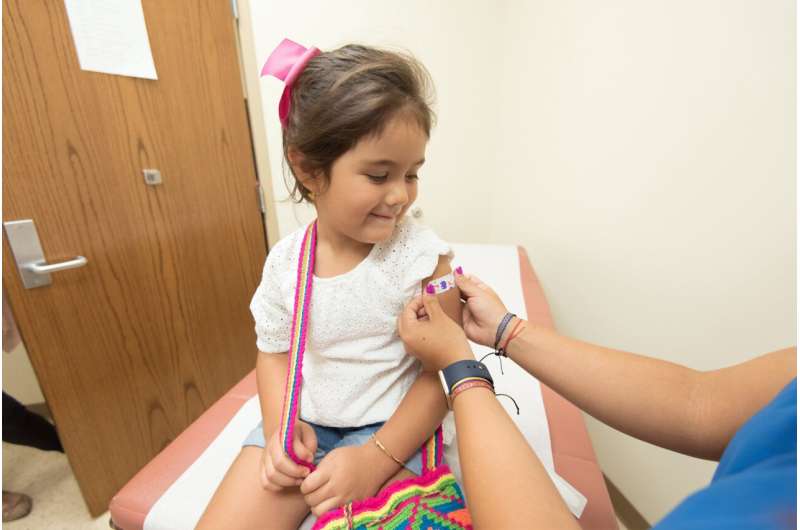Study Highlights Challenges to Opioid Access for Seriously Ill Patients and Possible Solutions

In a recent publication in NEJM Catalyst, researchers from the Icahn School of Medicine at Mount Sinai have shed light on significant barriers hindering access to opioids for seriously ill patients. While measures to combat the opioid overdose crisis have saved lives, they have inadvertently complicated the delivery of essential pain management for vulnerable groups such as cancer patients, those experiencing sickle cell crises, and individuals recovering from surgery.
Lead author Dr. Rebecca Rodin emphasized that despite ongoing efforts to reduce overdose deaths, a new challenge has emerged: ensuring that patients with severe and immediate pain needs can obtain timely access to opioids. The study’s findings are based on a 2023 survey of 52 clinicians from Mount Sinai’s Geriatrics and Palliative Medicine departments, revealing critical obstacles including pharmacy supply shortages, insurance restrictions like preauthorization hurdles and pill limits, and poor communication with pharmacies, which often takes extended time, sometimes over an hour daily.
Notably, the survey indicated that 88% of clinicians frequently experienced difficulties in opioid access, with 80% often having to alter their prescriptions due to supply issues. Around 31% reported these access problems leading to suboptimal pain control, underscoring the urgent need to address these barriers.
Disparities in access have been particularly evident in Brooklyn, Queens, and the Bronx, where pharmacies tend to have less stock, affecting socioeconomically vulnerable populations disproportionately. To improve this situation, Mount Sinai clinicians introduced several initiatives:
- Collaborating with pharmacy leaders to optimize supply quotas and educate on the importance of maintaining stock of necessary opioids, especially in neighborhoods at higher risk of theft and violence.
- Developing targeted educational materials for clinicians on prescribing practices, prior authorization processes, and communication strategies to ensure smooth transitions of care.
- Creating real-time guides to identify pharmacies with reliable stock, expediently facilitating prescriptions.
Dr. Rodin pointed out that despite these efforts' success within Mount Sinai’s system, systemic issues such as nationwide supply chain disruptions, coverage policies, and pharmacy practices persist. She advocates for broader improvements in medical education, further research into barriers, development of clinical guidelines, and policy reforms to ensure equitable access.
The overarching goal is to restore balance—preserving efforts to prevent misuse while guaranteeing access for those who need opioids for pain relief. Addressing these challenges is vital for providing equitable, effective palliative care to all patients in need.
Stay Updated with Mia's Feed
Get the latest health & wellness insights delivered straight to your inbox.
Related Articles
Advancements in Genetic Testing Enable More Women to Understand Hereditary Cancer Risks
Innovative genetic testing techniques are now enabling more women to determine their hereditary risk of breast and ovarian cancer, paving the way for personalized prevention and treatment strategies.
Eco-Friendly Coatings Enhance Strength and Compatibility of Titanium Dental Implants
Innovative hydroxyapatite coatings from biowaste improve the strength and biocompatibility of titanium dental implants while promoting environmental sustainability.
The Dangers of Drinking Bleach: From MMS to Aerobic Oxygen Supplements
Discover the serious health risks associated with drinking bleach and chlorine dioxide products marketed as wellness supplements. Learn why these dangerous trends pose life-threatening dangers rather than health benefits.



